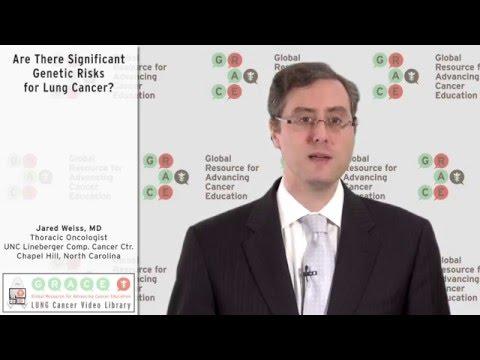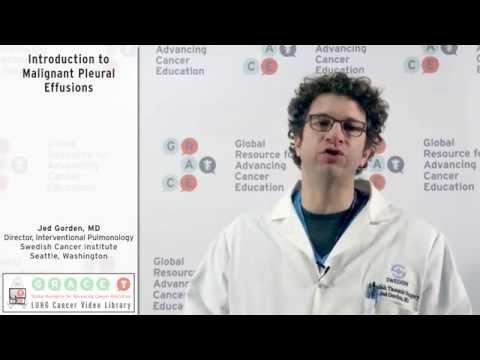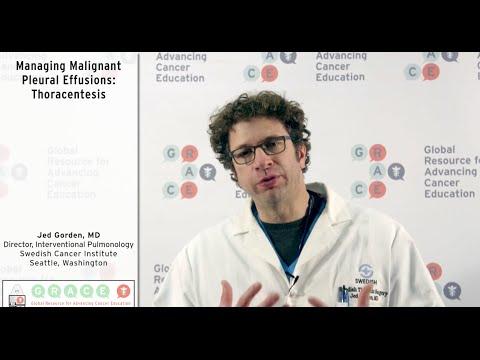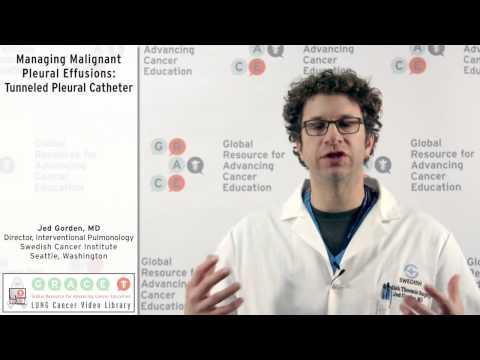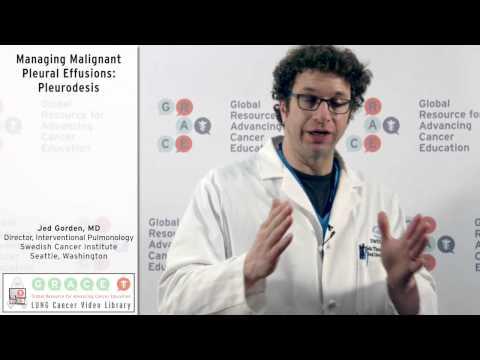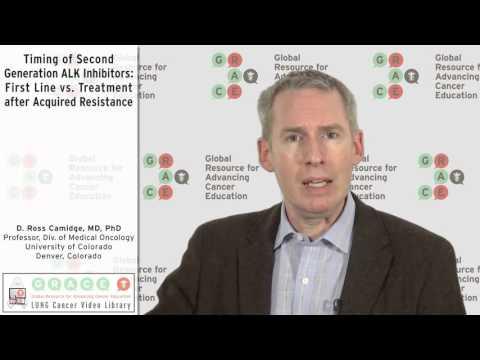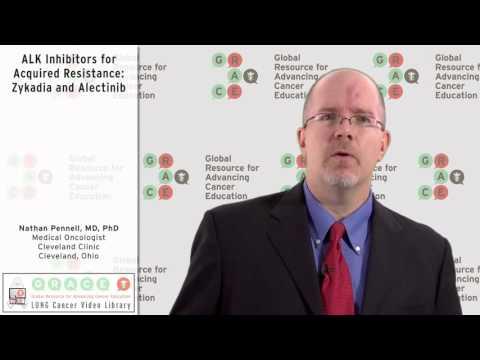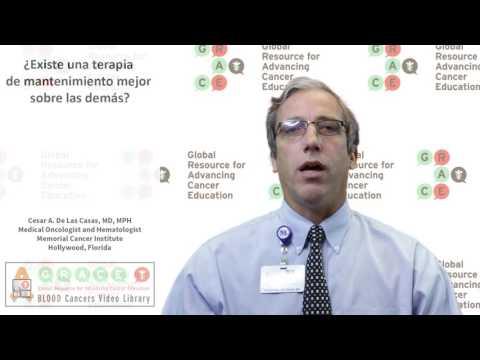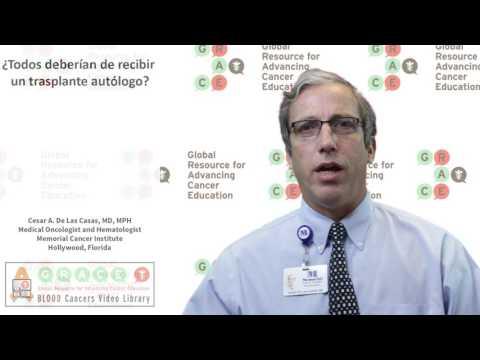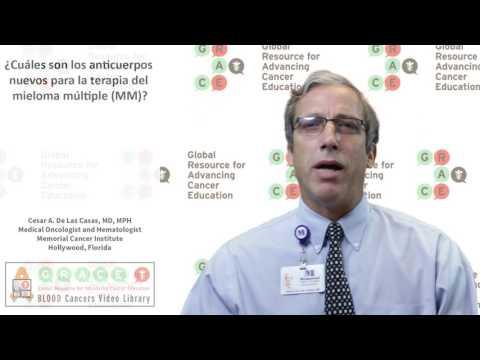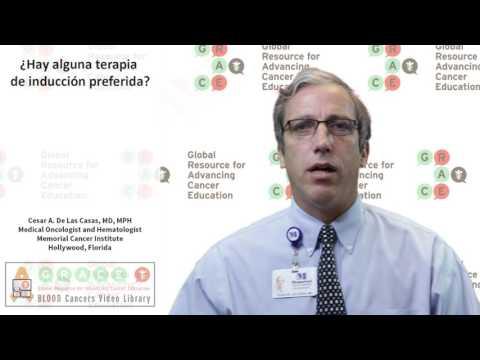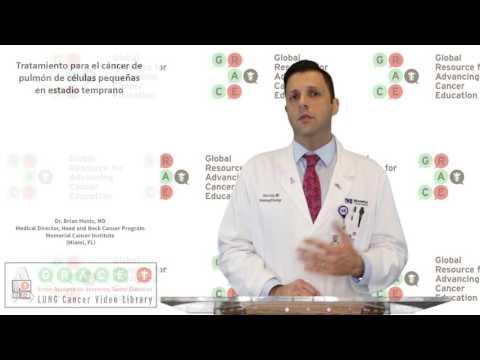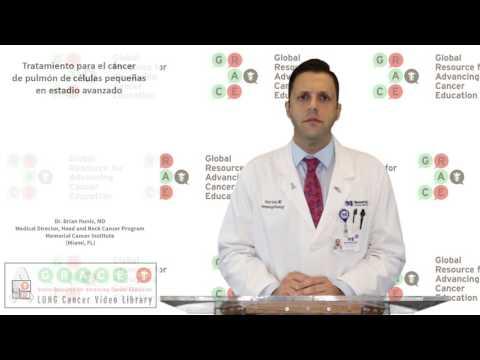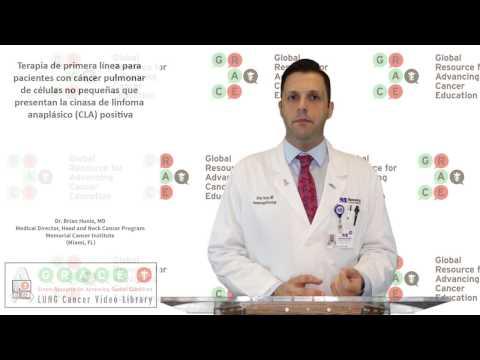Dr. Jared Weiss, UNC Lineberger Comprehensive Cancer Center, discusses the genetic risk (or lack thereof) for lung cancer.
Video Library
Search the Video Library
Video Language
Filter by Cancer Type:
Displaying Results 1 - 15 of 34
Interventional pulmonologist Dr. Jed Gorden reviews malignant pleural effusions (MPEs) are a common complication of lung cancer and some other cancers. Transcript So, I wanted to talk to you today about pleural effusions. Pleural effusions — it’s a complex term, and it’s a very common problem, so
Dr. Jed Gorden describes the details of how a thoracentesis is performed in order to clarify the diagnosis and treat symptoms of a malignant pleural effusion (MPE). Transcript With the pleural fluid that’s built up around the lung — this fluid that exist in between the linings, or as we discussed
A tunneled pleural catheter is an excellent way to manage the symptoms of a recurrent malignant pleural effusion. Dr. Jed Gorden describes how it is placed and how it works. Transcript So we’re talking today about pleural fluid — fluid that resides around the lung, in-between this space that we’re
Dr. Jed Gorden reviews the technique of pleurodesis to manage the complication of recurrent malignant pleural effusion (MPE). Transcript So we’re talking today about pleural fluid, the fluid that builds up around the lung — fluid that causes people be short of breath, often have symptoms like cough
Dr. David Harpole, Duke University Medical Center, describes how he assists patients with the surgical decision-making process.
Dr. Ross Camidge, University of Colorado, addresses the question of whether to use a second generation ALK inhibitor as first line therapy or only after acquired resistance to crizotinib.
Dr. Nathan Pennell, Cleveland Clinic, discusses acquired resistance to Xalkori in ALK-positive patients, and second generation inhibitors designed to overcome that resistance, such as Zykadia and alectinib.
GRACE sat down with Cesar A. De Las Casas, MD, MPH, to discuss information regarding if there is a best maintenance therapy (¿Existe una terapia de mantenimiento mejor sobre las demás?). Stay tuned for more on our continuing video series with our Spanish speaking faculty on updates in blood cancer
GRACE sat down with Cesar A. De Las Casas, MD, MPH, to discuss information regarding whether all patients should receive an autologous transplant (¿Todos deberían de recibir un trasplante autólogo?). Stay tuned for more on our continuing video series with our Spanish speaking faculty on updates in
GRACE sat down with Cesar A. De Las Casas, MD, MPH, to discuss information regarding the new antibodies for multiple myeloma (MM) therapy (¿Cuáles son los anticuerpos nuevos para la terapia del mieloma múltiple (MM)?). Stay tuned for more on our continuing video series with our Spanish speaking
GRACE sat down with Cesar A. De Las Casas, MD, MPH, to discuss information regarding if there a preferred induction therapy (¿¿Hay alguna terapia de inducción preferida?). Stay tuned for more on our continuing video series with our Spanish speaking faculty on updates in blood cancer treatments, and
For our 14th video in the GRACE Spanish Lung Cancer Library, Brian Hunis, MD joined GRACE to discuss treating early stage small cell lung cancer.
For our 15th video in the GRACE Spanish Lung Cancer Library, Brian Hunis, MD joined GRACE to discuss treating later stage small cell lung cancer.
For our 17th video in the GRACE Spanish Lung Cancer Library, Brian Hunis, MD joined GRACE to discuss first line therapy for NSCLC patients that have anaplastic lymphoma kinase (ALK) positive.

